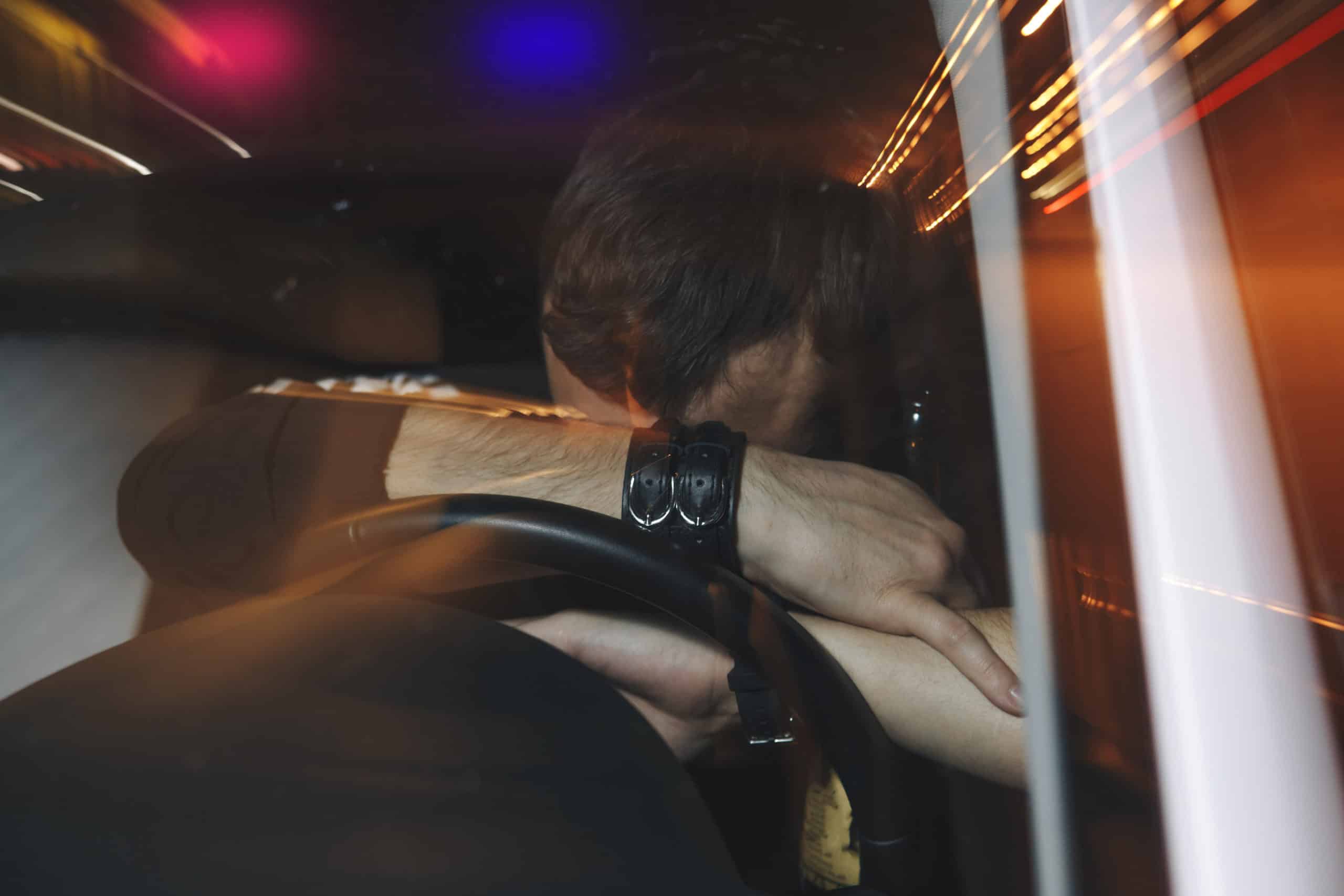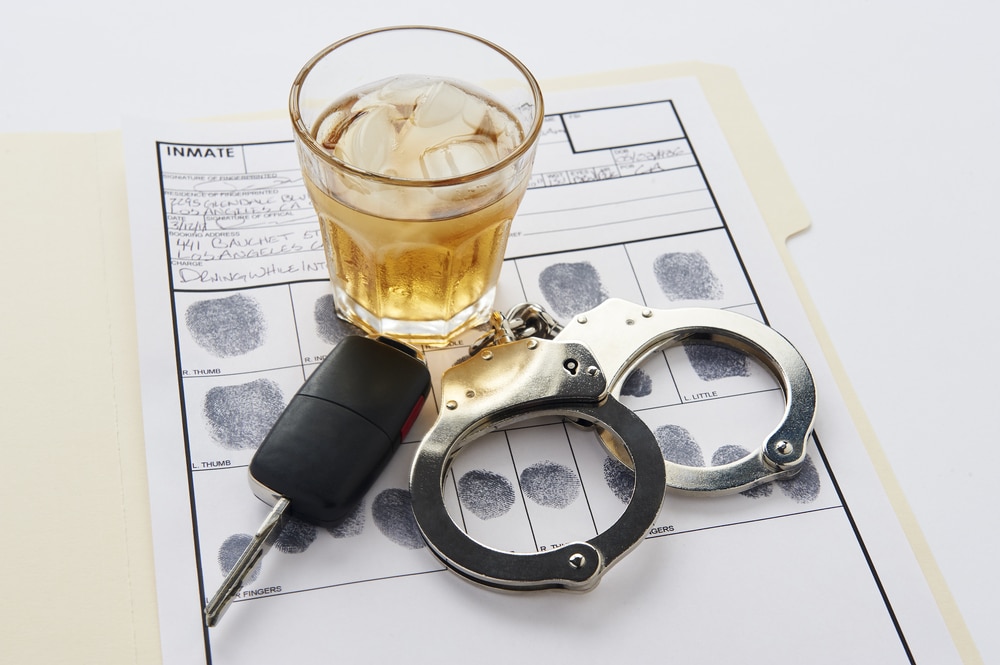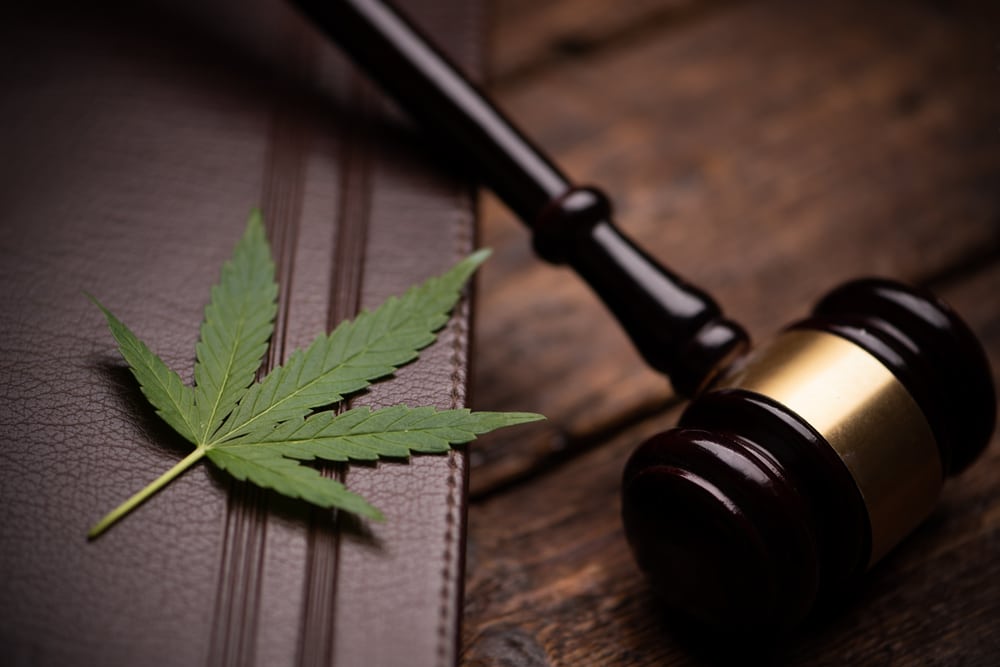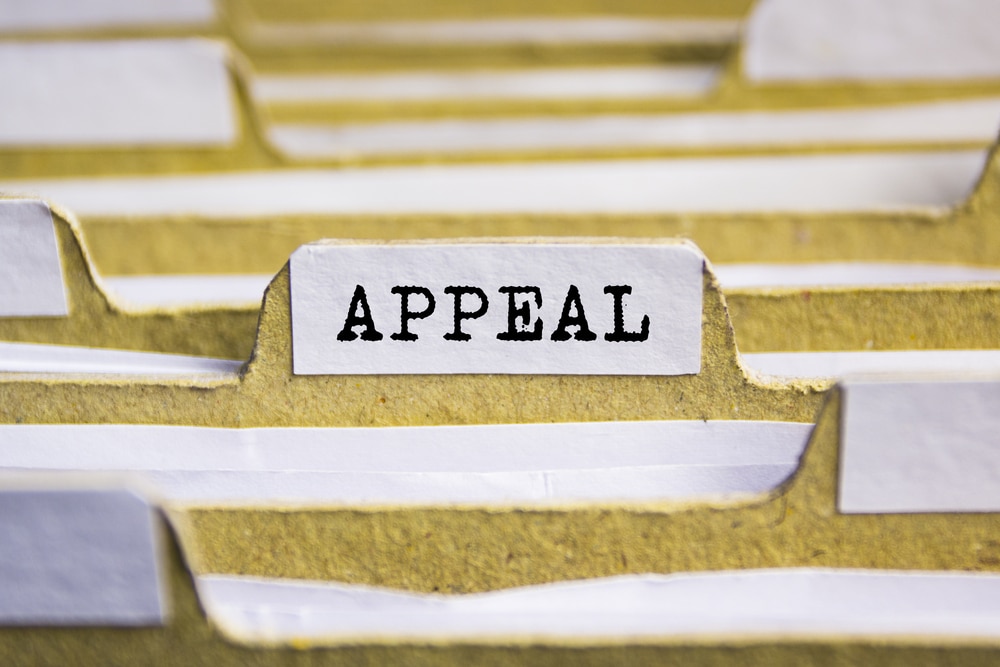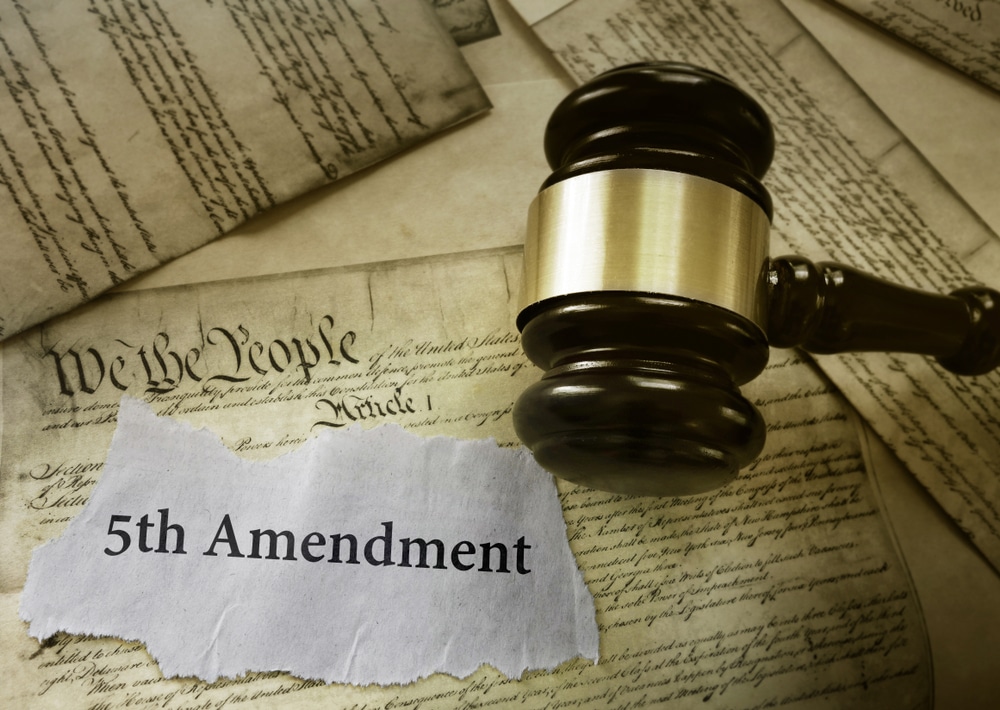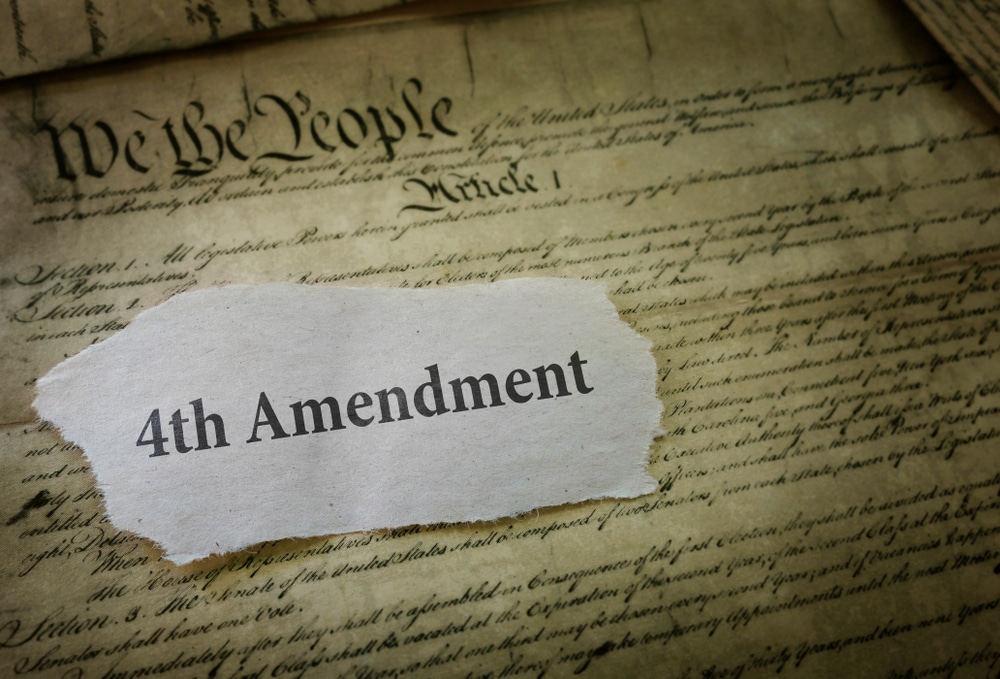New York State is notoriously tough on impaired drivers, and driving under the influence of alcohol or marijuana can result in serious legal consequences. Significantly, New York is cracking down on impaired driving with two new public awareness campaigns that were launched during the holiday season. Governor Hochul recently proclaimed December 2022 as “STOP-DWI Month” in the 62 counties throughout the Empire State. The Governor’s Traffic Safety Committee also initiated a campaign to combat driving under the influence of cannabis — the “Don’t Drive High” public awareness campaign.
What are the New York Drive Sober Campaigns?
The two recently issued “drive sober” public awareness campaigns in New York are aimed at deterring drivers from operating their vehicles after drinking alcohol or using cannabis. Specifically, the STOP-DWI program was created to help counties coordinate efforts to combat alcohol and drug-related vehicle crashes and fatalities. During the drive sober initiative in December 2021, law enforcement issued 2,077 impaired driving tickets.
What Should You Do if You Are Pulled Over for a DUI in New York?
Being stopped for operating a vehicle under the influence of alcohol, marijuana, or drugs can be stressful and overwhelming. You may be concerned about getting arrested or having your vehicle impounded. Importantly, there are a few things you should do to help protect your rights if you are pulled over for a DUI.
- Pull over safely — If you see law enforcement signaling you to pull off to the side of the road, you should find a safe place to pull over.
- Remain calm and be respectful — When the officer approaches you, remain calm and be polite. Be aware that any interaction you have with the police officer will be recorded.
- Decline answering incriminating questions — You will be asked to provide your name, driver’s license, registration, and insurance information when pulled over for any traffic infraction, including a DWI. While you must give these details, you do not have to respond to any incriminating questions or admit to any guilt. For instance, if the officer asks you how many drinks you had or whether you had consumed cannabis, you do not have to answer. It’s best to remain silent to avoid any admissions being used against you in court.
- Know that you have the right to decline a breathalyzer — If the police officer asks you to submit to field sobriety tests or they request a breath sample, know that you have the right to decline. However, you should be aware that refusal to take a breathalyzer triggers an automatic license suspension.
- Contact a DUI attorney — Once the police begin engaging in custodial interrogation, they must read your Miranda rights. While you can request an attorney at any stage of the DUI stop, it’s crucial to understand that you have the right to have an attorney present before or during any questioning.
The penalties for a DUI can be severe and it’s important to have a skilled criminal defense attorney by your side to safeguard your rights. Whether you were arrested for driving under the influence of alcohol or marijuana, a DUI attorney will know how to develop a comprehensive defense strategy for the best possible outcome in your situation.
Contact an Experienced New York Criminal Defense Attorney
Being charged with driving under the influence of alcohol or marijuana can be life-changing — but a charge doesn’t always have to mean a conviction. The criminal defense attorneys at D’Emilia Law provide reliable representation and aggressive advocacy to those who have been arrested for DWIs, DUIs, and DWAIs and work to obtain favorable results in their cases. To schedule a consultation, contact us at 1-888-DEMILIA.

